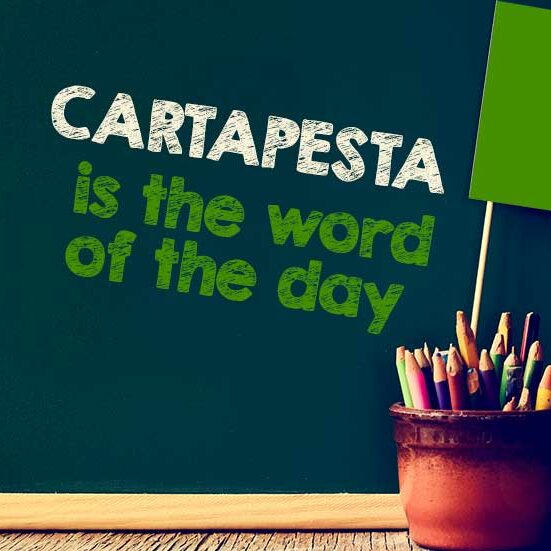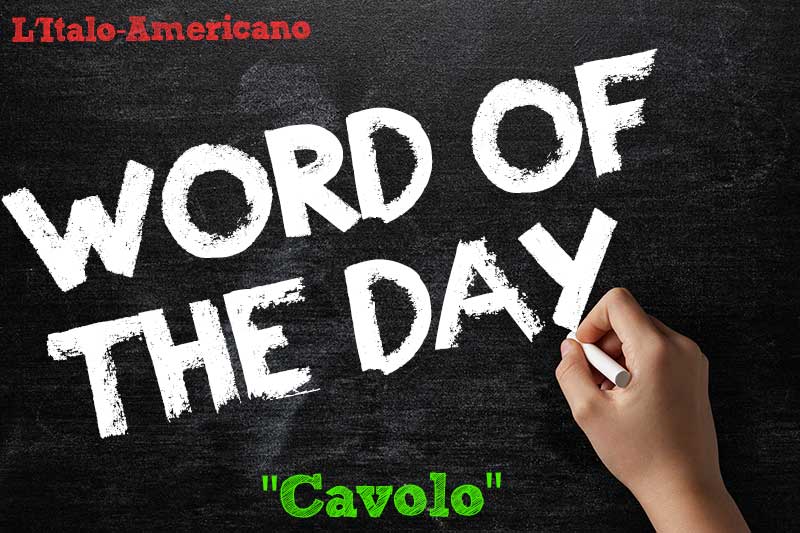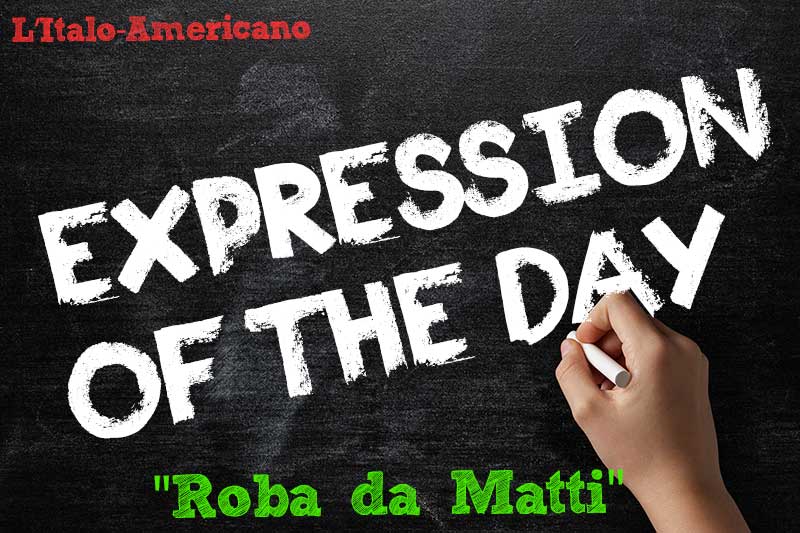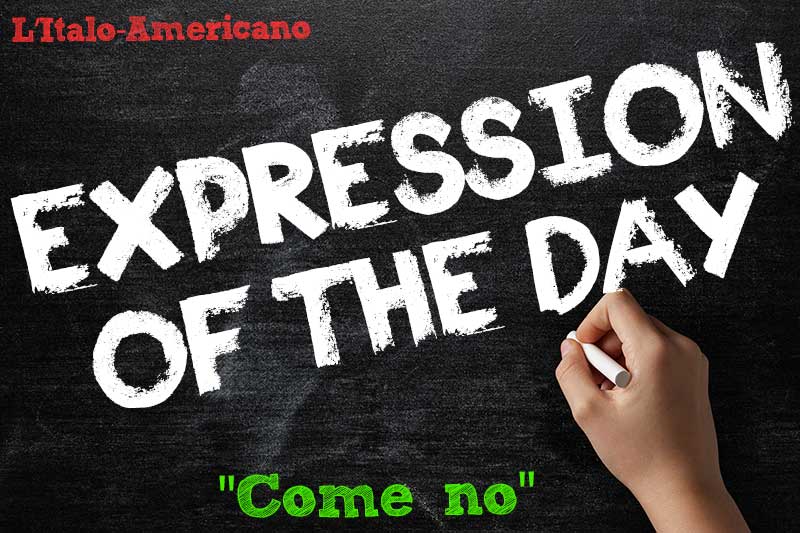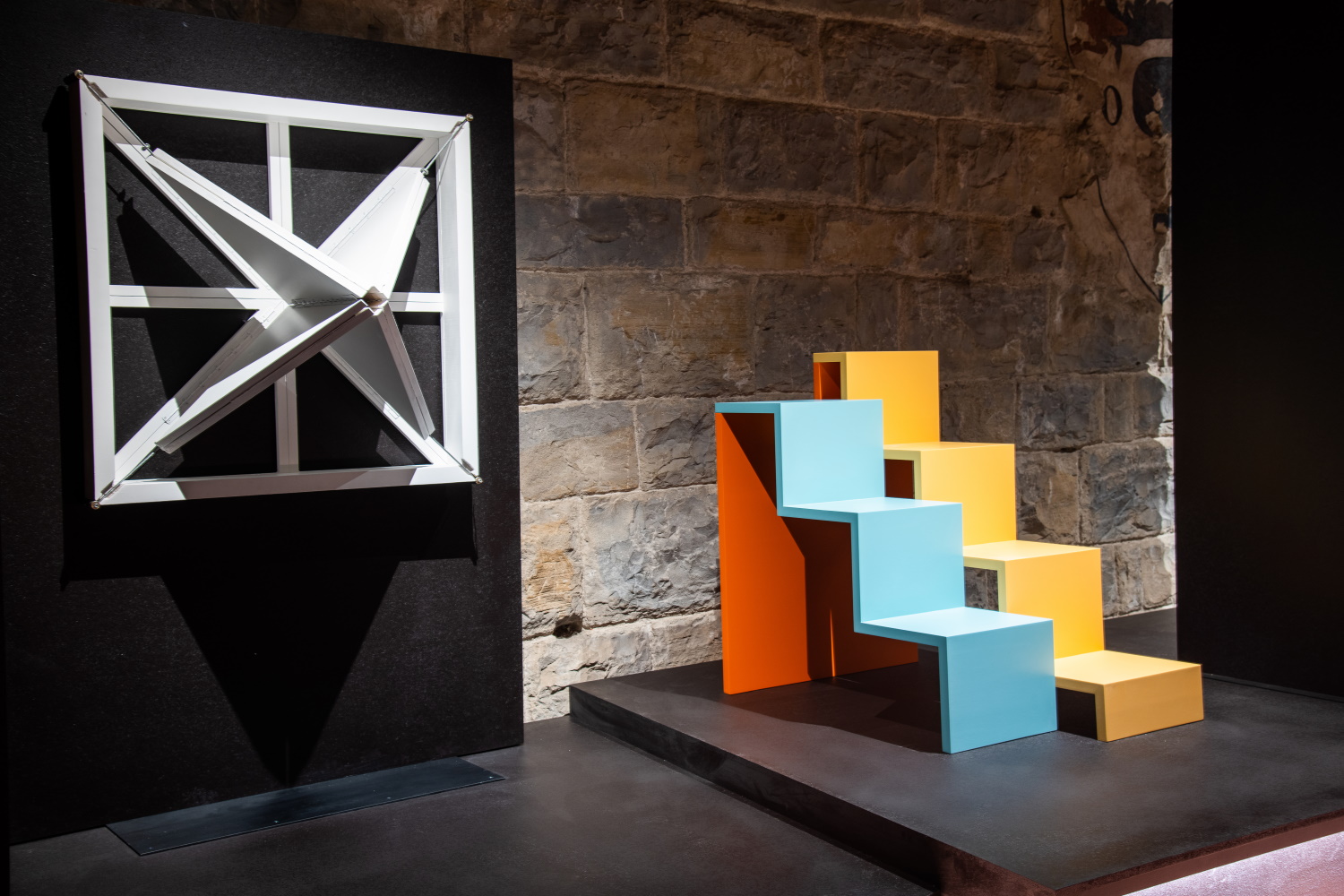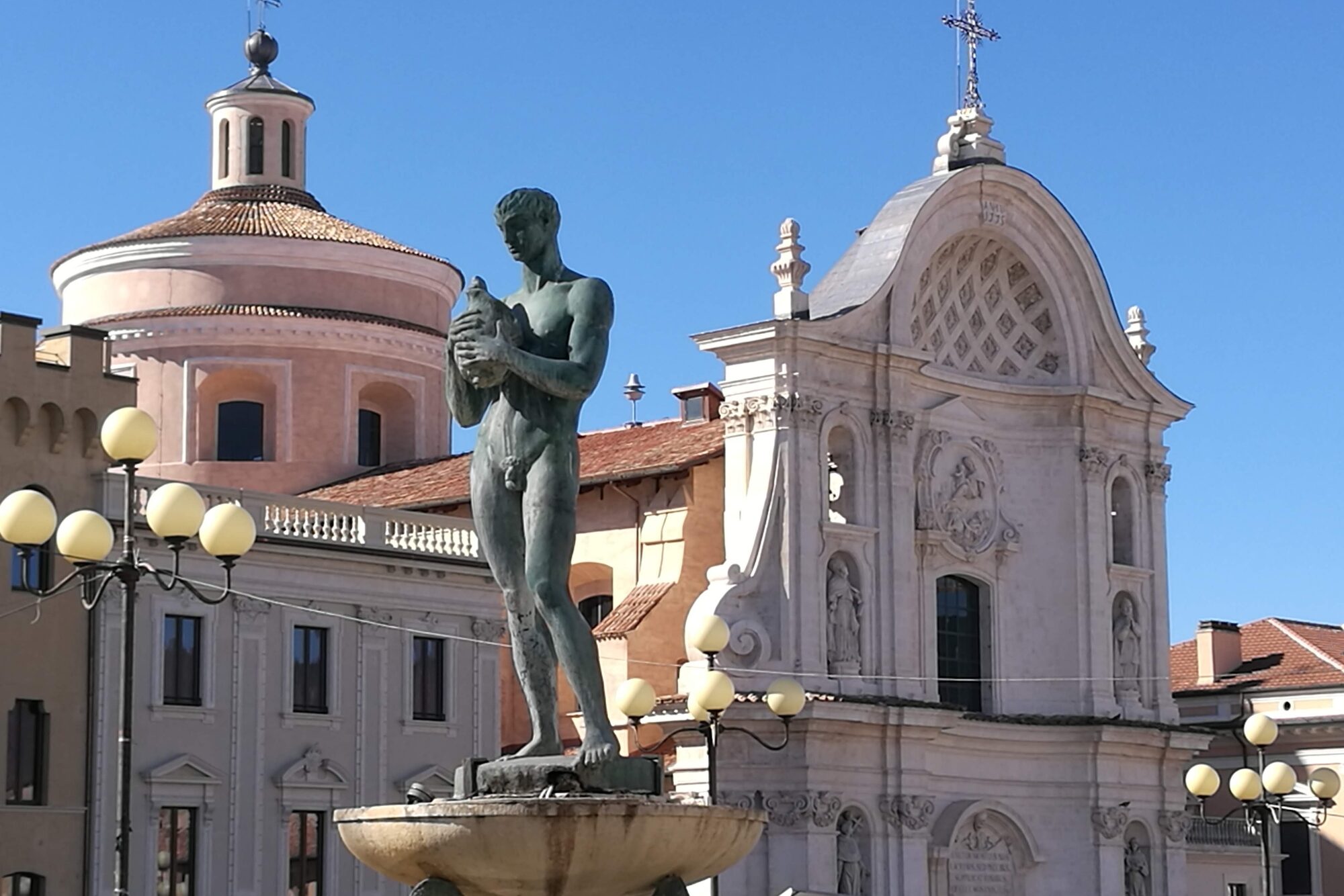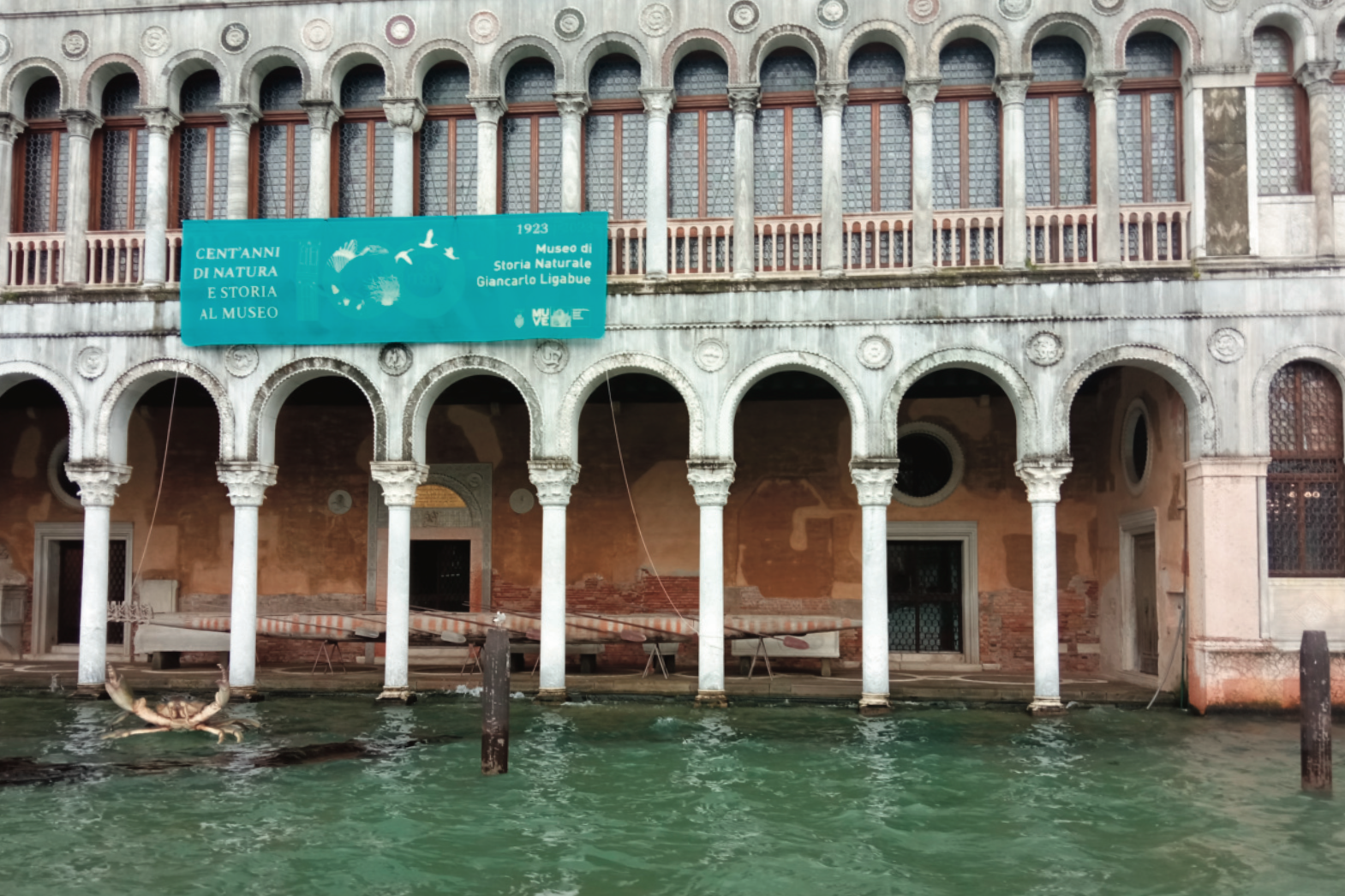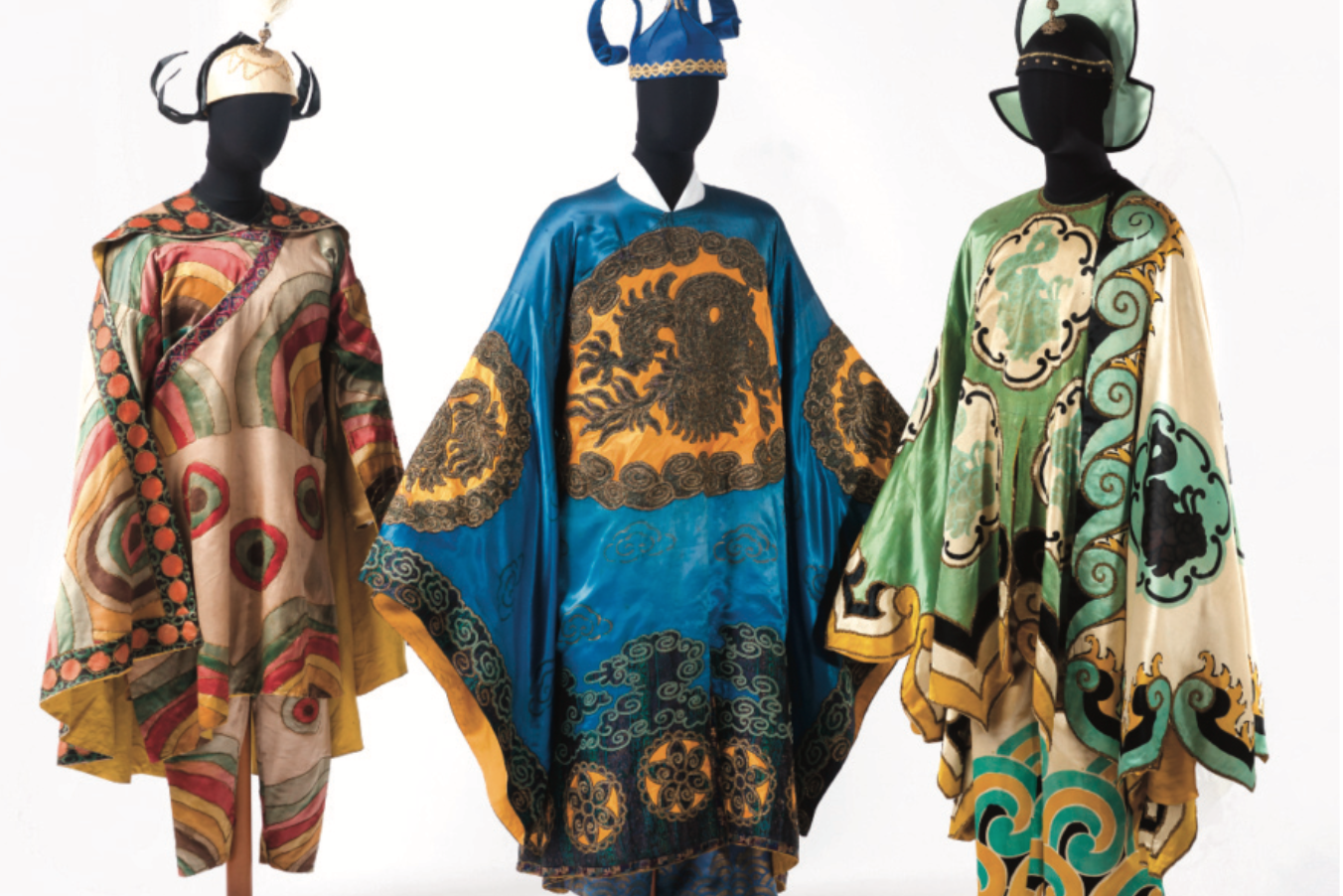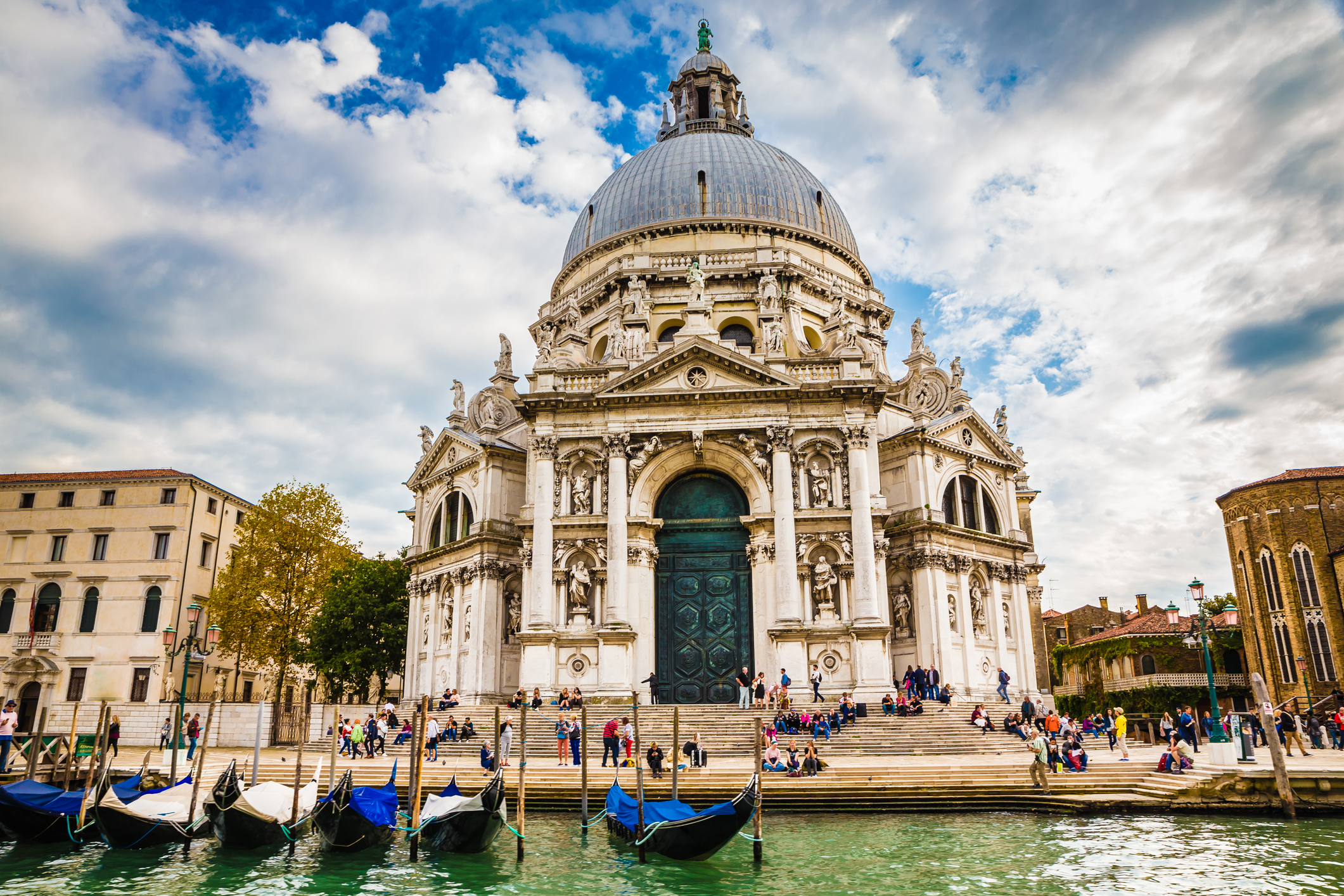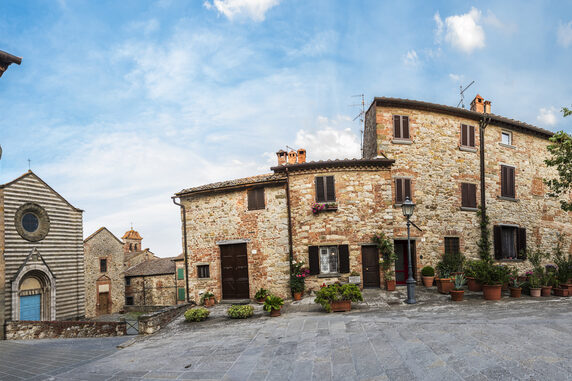Word of the Day
Cioè (tcho-eh) is one of Italy’s most common intercalari, those words we like to throw here and there while we talk, but hey! It has a real meaning, too. Cioè is the contraction of two words, ciò, this/that, and è, …
Cavolo! (cah-voh-loh) is one of those words you often don’t know whether you can or cannot say in public. When you were a child, your mom likely disapproved of you using it, while, as an adult, you understand it comes …
The expression essere stufo (ehs-eh-rai stoo-foh) comes from the Italian verb stufare, and began to be used with the meaning we are familiar with today sometime in the 16th century, even though it was spelled with two “f,”, stuffo. Essere …
If they tell you sei un fannullone (pronounced fahn-nool-loh-neh) you should either reconsider the people you hang with or your work ethics. While fannullone may sound pretty funny, with all those double consonants and the –one ending — doesn’t it …
“That’s crazy!” is probably one of the best translations you can get for our roba da matti (roh-bah dah maht-tee), but you can also use “unbelievable!,” “that’s unbelievable!” and, sometimes, even “I can’t believe it!”. Literally, it means “stuff for the loonies” and it’s quite usually uttered with an incredibly surprised …
The Fall is, without a doubt, the favorite season for a pantofolaio (pahn-toh-foh-lah-ee-oh), because they can do what they prefer, without being judged by society: staying in, coffee in hand, eating cookies and watching tv. The word comes from pantofola, …
Salve (sahl-vai), is a strange Italian word indeed. It is a Latin word — no, it “does not come from” Latin, it actually is Latin! — whose use is attested in Italian in all epochs. The linguists among you may …
Aspetta! What do you really know about the word aspetta? Well, we certainly know that aspetta (ah-speht-tah) comes from a mix of two Latin words, expectare, which means to wait (the same meaning of aspetta in Italian) and aspectare or …
Literally, come no (co-mai noh) means nothing. No, seriously: “like no.” That’s the literal meaning of the words. But in practice, it’s one common locution indeed, and also quite a refined one at that, because it can mean something, or …
Me ne frego (meh neh freh-goh) is a popular expression in Italian, that can be translated in English with “I don’t care” but also with the more incisive “I don’t give a damn.” Etymologically, it comes from the verb fregare, …

